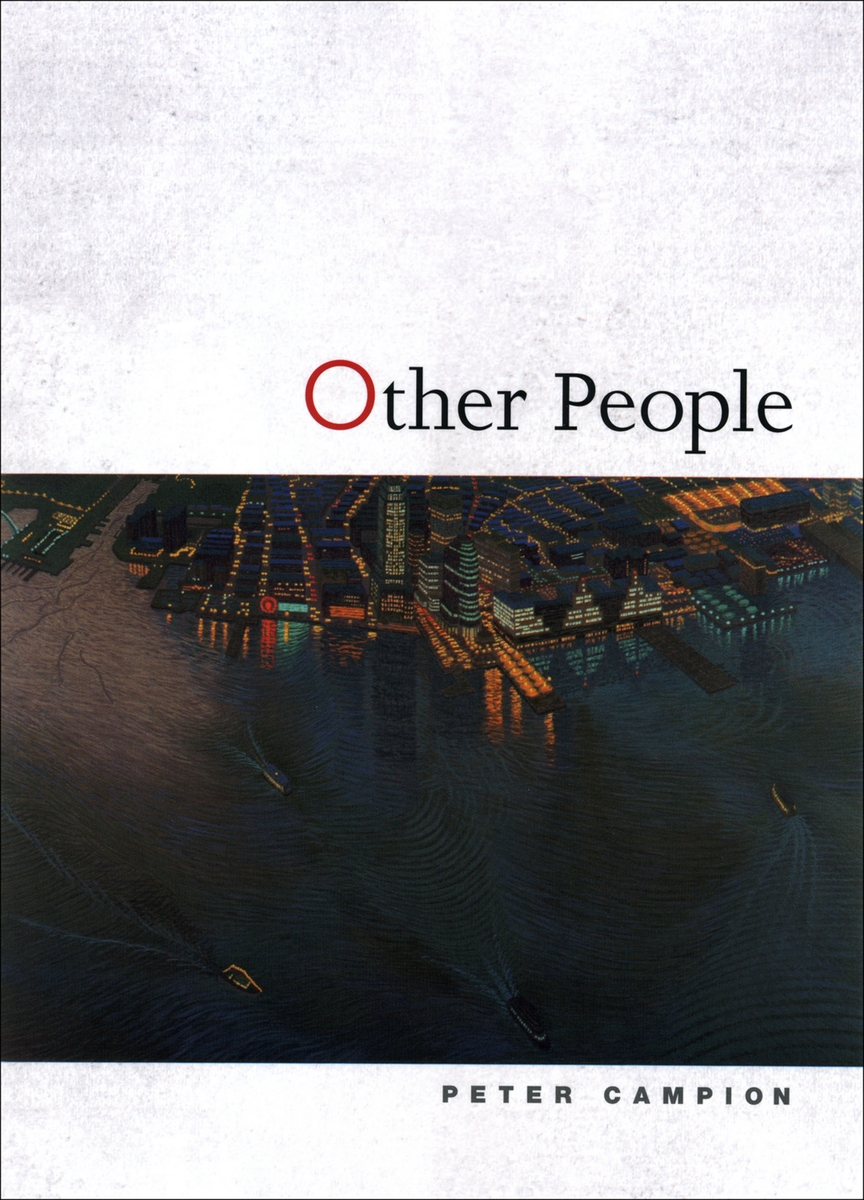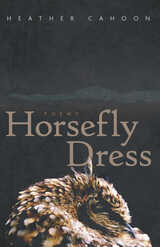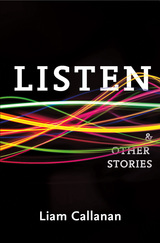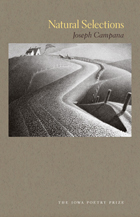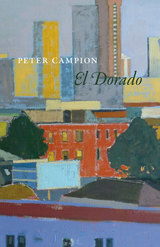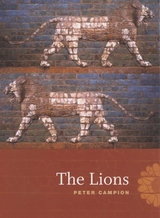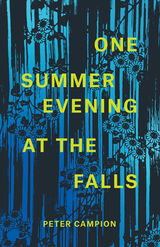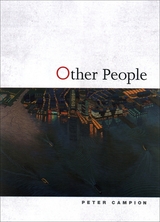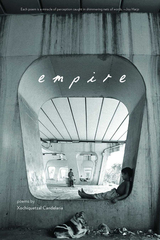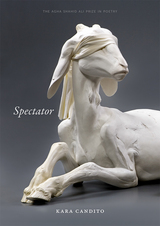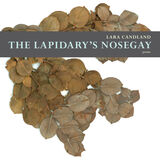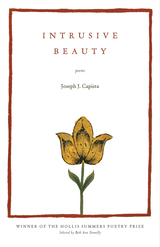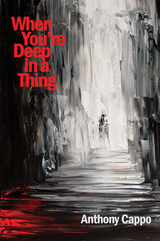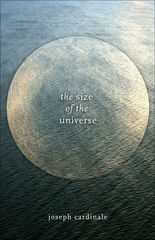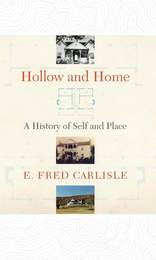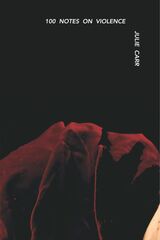Other People
University of Chicago Press, 2005
Cloth: 978-0-226-09274-4 | Paper: 978-0-226-09275-1
Library of Congress Classification PS3603.A486O86 2005
Dewey Decimal Classification 811.6
Cloth: 978-0-226-09274-4 | Paper: 978-0-226-09275-1
Library of Congress Classification PS3603.A486O86 2005
Dewey Decimal Classification 811.6
ABOUT THIS BOOK | AUTHOR BIOGRAPHY | TOC | REQUEST ACCESSIBLE FILE
ABOUT THIS BOOK
Poem to Fire
Fast transparency that explodes the fuel and air
in the cylinder and shuts the intake valves and thrusts
down on the piston so the crankshaft spins and spins
you cut through all material that blocks your way
so fast that driving now past rushes and billboards
this pull to her could be your own impersonal presence
cloaked in the day to day of the malls and condos
all those wired sensors keeping on guard for you
except you flicker even inside the wet wall
where papillary muscle makes that sweet pulsation
in whatever room she's moving through this moment
under the cotton and the cool smoothness tinted blue
In this debut collection, Peter Campion explores both the gaps and the connections between the self and others. Like the "night blooming jasmine leaving its warm trace," these poems arise out of the dark. A man awakens in a hotel room to find the neighboring voices merging with the anguished souls of his nightmare. A woman living alone beside the ocean hears the words of the dead echo in the crashing waves. But if these poems convey a feeling of an enduring emptiness, they also offer us the most vital intimacies. In one poem, two lovers traverse the industrial sweep of strip malls and office towers to arrive at their rendezvous. In another, the seemingly simple memory of a mother playing with her sons at a park bridges a chasm of pain and loss.
With great poise, keen insight, and formal skill, Campion moves between shared experience and interior life in the shifting textures of Other People. Whether writing in rhymed couplets or free verse, he matches a deep understanding of the poetic tradition with his own imaginative feel for structure.
"The 'other people' of the title of this extraordinary book are fully alive in the life of its language; and so is the poet observing them, and observing himself, as one of them. The book is a sympathetic and unsentimental instrument of truth."—David Ferry
Fast transparency that explodes the fuel and air
in the cylinder and shuts the intake valves and thrusts
down on the piston so the crankshaft spins and spins
you cut through all material that blocks your way
so fast that driving now past rushes and billboards
this pull to her could be your own impersonal presence
cloaked in the day to day of the malls and condos
all those wired sensors keeping on guard for you
except you flicker even inside the wet wall
where papillary muscle makes that sweet pulsation
in whatever room she's moving through this moment
under the cotton and the cool smoothness tinted blue
In this debut collection, Peter Campion explores both the gaps and the connections between the self and others. Like the "night blooming jasmine leaving its warm trace," these poems arise out of the dark. A man awakens in a hotel room to find the neighboring voices merging with the anguished souls of his nightmare. A woman living alone beside the ocean hears the words of the dead echo in the crashing waves. But if these poems convey a feeling of an enduring emptiness, they also offer us the most vital intimacies. In one poem, two lovers traverse the industrial sweep of strip malls and office towers to arrive at their rendezvous. In another, the seemingly simple memory of a mother playing with her sons at a park bridges a chasm of pain and loss.
With great poise, keen insight, and formal skill, Campion moves between shared experience and interior life in the shifting textures of Other People. Whether writing in rhymed couplets or free verse, he matches a deep understanding of the poetic tradition with his own imaginative feel for structure.
"The 'other people' of the title of this extraordinary book are fully alive in the life of its language; and so is the poet observing them, and observing himself, as one of them. The book is a sympathetic and unsentimental instrument of truth."—David Ferry
See other books on: American | Campion, Peter | Interpersonal relations | Other People | Poetry
See other titles from University of Chicago Press
